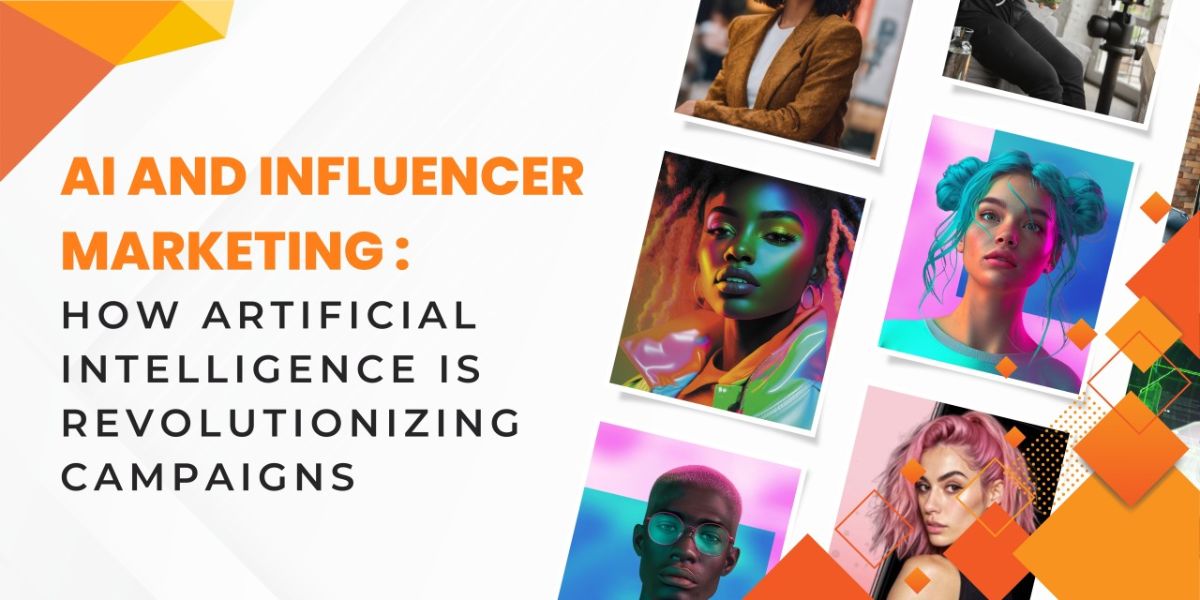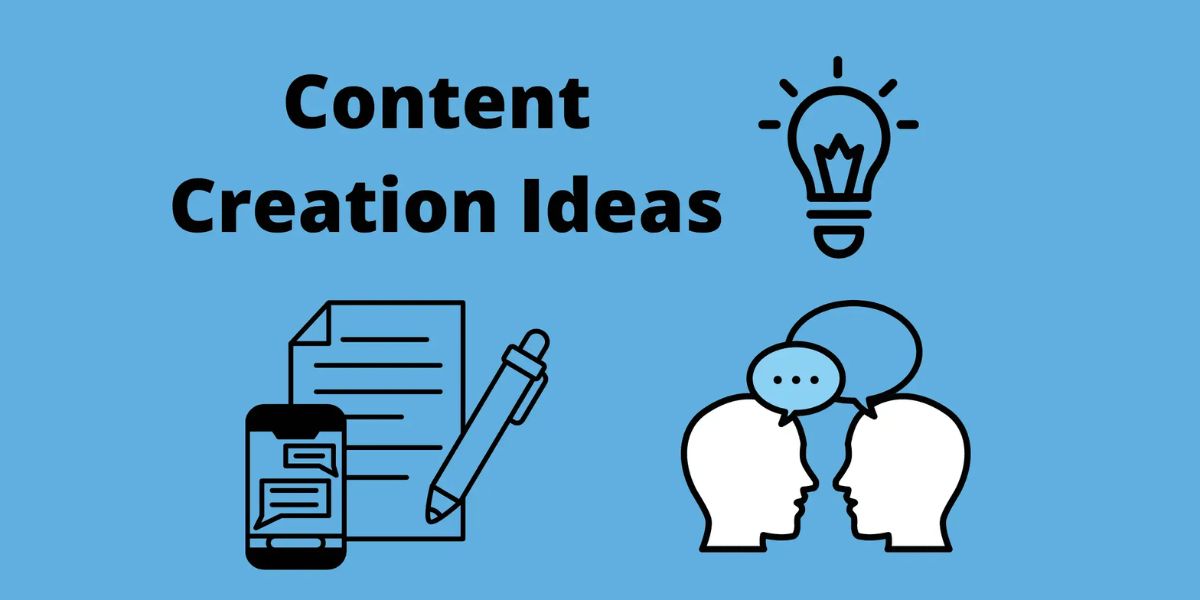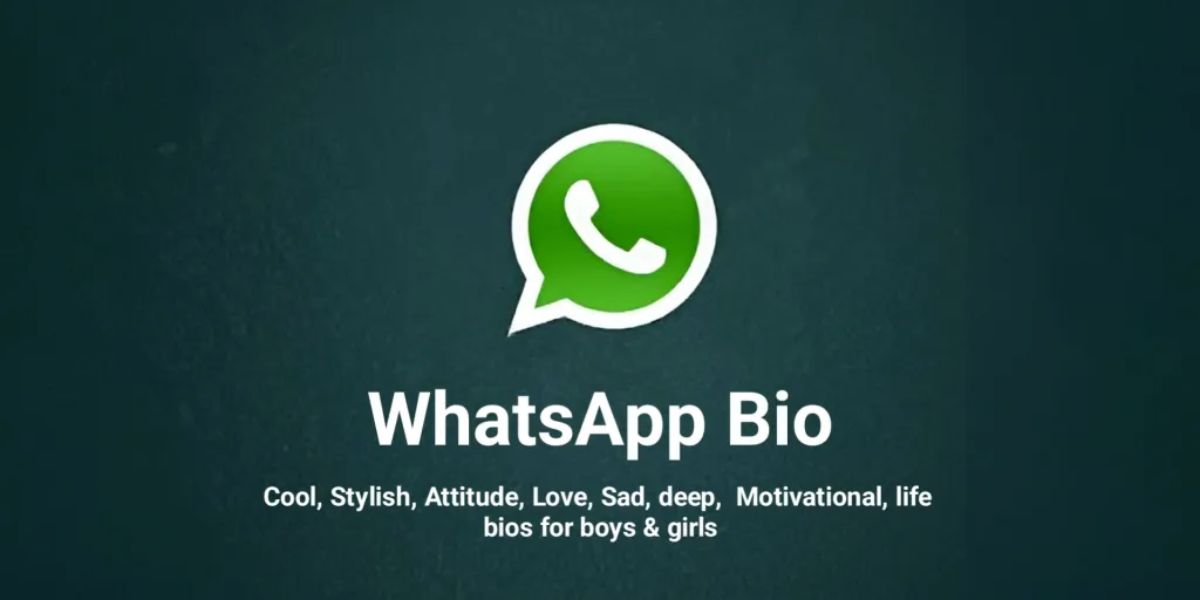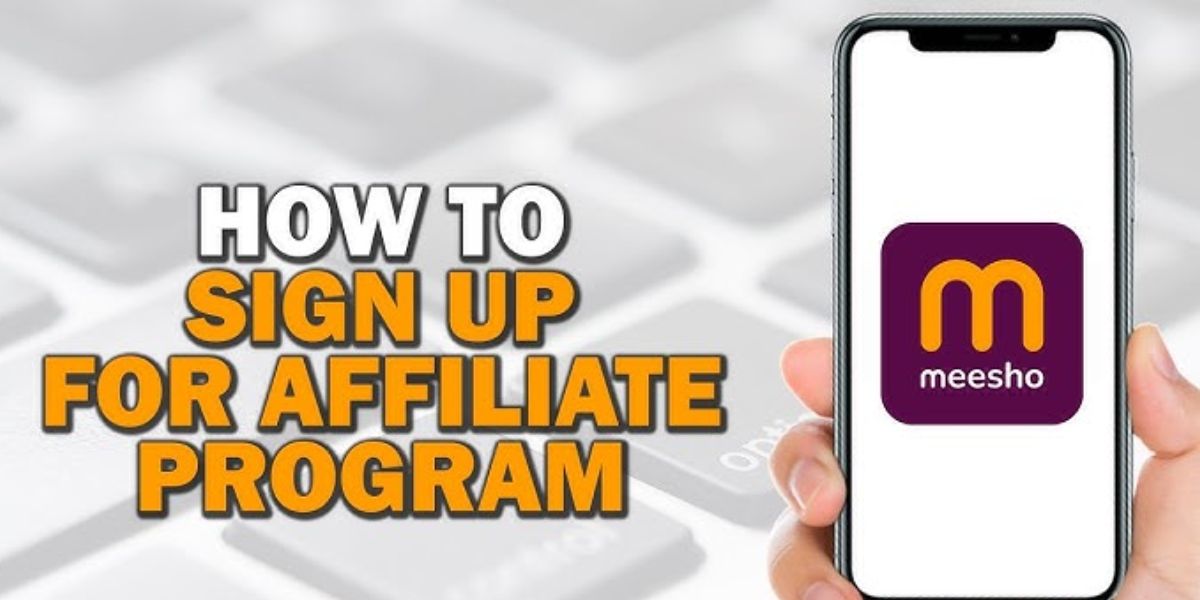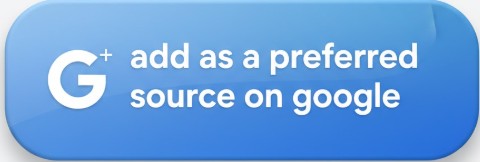AI in Influencer Marketing: 
Influencer marketing used to mean scrolling through hundreds of IG profiles, guessing who would be suitable for your brand, and hoping your pick would be successful. Many times, you had no idea if you selected the right person until after you’d already spent the money.
AI totally changed that. Now you can analyze an influencer’s real audience data, previous performance metrics, and engagement quality before making any decisions. It’s not replacing your judgment; it provides real information rather than guesswork.
On this page, we’ll discuss the growing role of AI in influencer marketing and shed light on powerful tools that have changed the way of connecting, collaborating, and creating impactful campaigns.
AI in Influencer Marketing: What It Means
AI in influencer marketing refers to leveraging software to analyze data that you couldn’t process manually. The technology scans engagement rates, follower demographic locations, content performance, and audience behaviour across endless profiles within a few minutes.
Machine learning algorithms discover patterns in successful campaigns and apply those lessons to new collaborations. If some influencer characteristics have persistently led to sales in past campaigns, the AI also detects that and shortlists similar creators for future work.
What you’ll have is clear data like who an influencer’s followers really are, how engaged they are, and whether they match your target customer. Thanks to influencer marketing AI, you no longer need to rely on follower counts and intuition.
1. AI Tools for Finding the Right Creators
Influencer search manually means checking profiles one by one. It’s slow, and otherwise, you miss a lot. AI tools search thousands of profiles simultaneously, factoring in specific criteria you set.
You input what you’re looking for – maybe parents aged between 35 and 45 who engage with parenting content and have purchased baby products online. The software focuses on creators whose actual followers match that description, not those creators who post about parenting only.
This matters because 50,000 followers mean nothing if they’re not your target audience. AI identifies smaller creators with highly relevant audiences who usually offer better results than celebrities with millions of random followers.
These tools also audit an influencer’s history. How did their previous sponsored posts work? What is their average engagement rate? Do they have a track record of delivering outcomes? You see this data upfront.
2. Smarter Campaigns with AI Insights
AI tracks what works during active campaigns, so you adjust rather than waiting till everything’s finished to learn from mistakes.
The software checks which post formats get the most engagement, what times drive the most traffic to your website, and which messaging resonates with certain audiences.
Planning to run an AI-driven influencer campaign with multiple influencers? You’ll see in real-time that influencer A’s video posts drive 3x more clicks than influencer B’s photo posts.
You can shift strategy fast. Allocate more budget to what’s working, tweak posting schedules based on when audiences are active, and adjust messaging if something isn’t landing.
The software also monitors for problems. If a # you planned suddenly trends for the wrong reasons, or if sentiment around your campaign turns negative, you know immediately, rather than discovering it days later when damage is done.

3. Boosting ROI Using AI Analytics
Standard analytics tell you how many likes and comments a post got. AI analytics connect each and every engagement to actual money – sales, conversions, customer acquisition costs.
The software tracks users from influencer post to site visit to purchase. You see exactly which influencer drove which sales, what the customer acquisition cost was, and whether those customers made repeat purchases. No matter the guesswork, if a campaign was worth the investment.
AI also predicts performance before you spend. Based on historical campaign data, it estimates ROI for potential collaborations. One retail brand used these predictions and discovered their best ROI came from influencers with 10,000-30,000 followers, not the 100,000+ accounts they’d been prioritizing. They redirected their budget and cut customer acquisition costs by 40%.
The software actively optimizes spending during campaigns. If one partnership is underperforming, it flags it so you can reallocate that budget to better-performing creators.
4. AI to Detect Fake Followers
Fake followers and purchased engagement are common problems in influencer marketing. Studies state that 20% to 30% of influencer followers can be bots or inactive accounts. AI catches most of this fraud.
The software analyzes follower counts one by one, checking for profile pictures, bio info, posting recording, and engagement patterns. Fake accounts follow predictable patterns. They’re created in batches, have minimal profile information, and engage at suspicious times identically.
AI also detects “engagement pods” – groups artificially inflating each other’s metrics. If an influencer with 100,000 followers gets comments from the same 50 accounts on per post – that’s a red flag.
One tech company almost paid $30,000 for collaboration with an influencer claiming 150,000 followers. An AI audit revealed 65% were fake accounts, and another 20% were inactive. They walked away and found a creator with 40,000 real, active followers instead, and got better outcomes at one-third the cost.

5. AI + Human Creativity = Better Results
AI manages data analysis, fraud detection, and performance tracking. It can’t create compelling stories, foster genuine connections, or understand cultural context the way humans can.
Your job is still strategy and creativity. AI tells you which influencers have the right audience and what’s the best time to post. You decide what story to tell and how to make it resonate emotionally.
The best outcomes come from using AI for decisions that need data, which mainly include who to partner with, how to allocate budget, and what’s performing well. Meanwhile, it keeps humans in charge of creative direction and relationship building.
One food brand used AI to identify micro-influencers with highly engaged cooking lovers. But their creative team developed the campaign concept – a challenge where influencers shared family recipes using the brand’s products. The AI offered the right partners: human creativity made the campaign memorable. It generates 5M impressions and a 280% ROI.
The Future of AI in Influencer Marketing
AI influencer marketing trends 2025 are expanding rapidly. Virtual influencers (thoroughly computer-generated personalities) already have millions of followers. They’re controversial, but brands test them because they eliminate reputation risk and maintain full control over messaging.
Advanced sentiment analysis is developing. Soon, AI won’t just count comments; it’ll understand emotional tone and genuine enthusiasm vs. polite responses. That distinction matters for measuring true impact.
Longer-term tracking is improving. AI will track whether influencer campaigns attract valuable customers who make repeat purchases or just single-time buyers seeking discounts. That data changes how you evaluate campaign success.
Cross-platform optimization is next. AI will manage campaigns across popular social apps such as TikTok, Instagram, YouTube, and emerging platforms simultaneously. This adjusts the creative and budget automatically based on where performance is more inclined.
FAQs on the Future of Influencer Marketing
- What does artificial intelligence influencer marketing software cost?
Free basic tools exist in social marketplaces. Dedicated software ranges anywhere from $200-$1,000/month for small businesses to $5,000-$15,000/month for enterprise solutions. However, the cost depends on features and scale.
- Does artificial intelligence eliminate the need for influencer marketing managers?
Not at all! AI manages data analysis and optimization. On the other hand, humans still manage strategy, creativity, relationship management, and judgment calls that need cultural understanding and intuition.
- Can small-level businesses afford AI for influencer marketing?
Of course, yes! Many platforms offer tiered pricing with basic plans under $500/month. Coming to the basic AI tools, they offer benefits over manual methods for small budgets.
- How real is AI at predicting campaign performance?
Current AI predicts results with roughly 75% to 85% accuracy using historical data. That’s far better than guesswork, but not fully perfect. Unexpected variables still affect results.
Conclusion| AI in Influencer Marketing
AI makes influencer marketing measurable by replacing guesswork with data. You still need strategy and an authentic partnership, and most importantly, you need to be creative. But now you have tools for showing which partnerships will likely work before you commit budget.
Brands getting strong outcomes use AI for what it does well: analyzing data, detecting patterns, measuring performance, meanwhile keeping humans active for relationship building and creating strategies.
Influencer campaigns with no AI mean spending more time on research, taking bigger risks on collaborations, and having less visibility into what’s actually working. The technology isn’t optional anymore if you want competitive results and efficient budget use.
